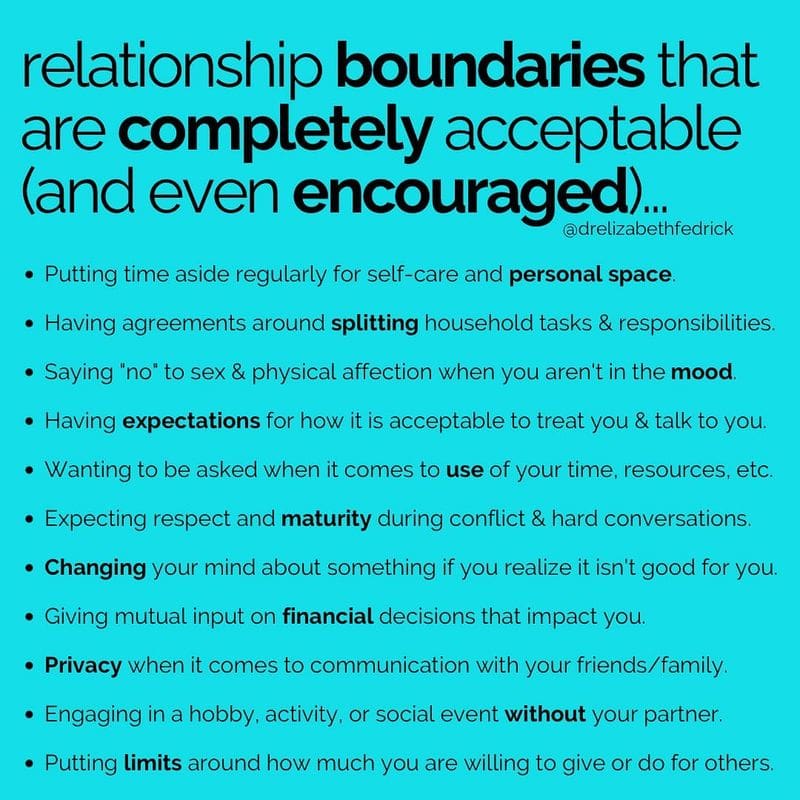Healthy relationships thrive on mutual respect, understanding, and authenticity. Yet many of us find ourselves saying sorry for things that are actually essential parts of who we are.
Learning what doesn’t require an apology is just as important as knowing when to offer one.
Here’s a guide to help you recognize what you should never feel compelled to apologize for in your relationships.
1. Your Emotional Responses
Feelings aren’t right or wrong – they simply exist. When your partner dismisses your emotions with phrases like “you’re overreacting” or “calm down,” they’re invalidating a fundamental part of your humanity.
Healthy partners create space for all emotions, even uncomfortable ones. They understand that your feelings deserve acknowledgment, not apology. Expressing sadness, frustration, or joy honestly builds emotional intimacy and prevents resentment from festering beneath forced smiles.
2. Having Personal Boundaries
Setting limits isn’t selfish – it’s necessary self-preservation. Your personal boundaries protect your mental health and define how others can interact with you. Maybe you need alone time after work, have certain topics that remain private, or require physical space during disagreements.
These boundaries aren’t walls meant to shut others out but guidelines that help you show up fully in relationships. Partners who respect your boundaries demonstrate real love, not those who make you feel guilty for having them.
3. Needing Space and Solitude
Alone time isn’t relationship rejection – it’s essential self-connection. Introverts particularly require solitude to recharge, but everyone benefits from moments of quiet reflection away from their partner. This personal space allows you to maintain your identity outside the relationship.
Whether it’s reading alone, taking solo walks, or pursuing individual hobbies, these activities help you bring a fuller self back to your partnership. A mature partner understands that occasional separation strengthens connection rather than threatening it.
4. Past Relationships and Experiences
Your history shaped who you are today. Previous relationships, whether romantic or otherwise, contributed valuable lessons that help you navigate current connections more wisely.
Mentioning an ex in relevant conversation isn’t disloyalty – it’s acknowledging your life didn’t begin when you met your current partner.
Secure partners don’t demand you erase or apologize for your past. Those experiences are woven into your story, and the right person will appreciate how they contributed to creating the person they care about now.
5. Your Career Ambitions
Professional dreams deserve wholehearted pursuit without relationship guilt. Your career aspirations aren’t just about paychecks – they’re expressions of your talents, values, and desire for growth.
Working late occasionally, pursuing additional education, or considering job opportunities in new locations shouldn’t trigger apologies. A supportive partner celebrates your professional development rather than competing with it.
The strongest relationships find ways to nurture both partners’ ambitions, recognizing that personal fulfillment enriches what you bring to your shared life.
6. Maintaining Important Friendships
Friends who knew you before your relationship provide perspective, support, and connection to different parts of yourself. These bonds deserve protection and nurturing without guilt. Healthy partners encourage your friendships rather than isolating you from them.
They recognize that different relationships fulfill different needs, and no single person can meet all your social requirements.
Making time for friends isn’t relationship neglect – it’s maintaining a balanced social ecosystem that ultimately strengthens your primary partnership by preventing unhealthy dependence.
7. Having Different Opinions
Disagreement doesn’t equal disrespect. Having your own perspective on politics, religion, family matters, or even which movie to watch demonstrates you’re an independent thinker with unique viewpoints.
Healthy relationships thrive on respectful differences that expand both partners’ understanding. When you constantly apologize for divergent opinions, you sacrifice authenticity for artificial harmony.
The strongest couples don’t seek perfect agreement but rather perfect acceptance – creating space where both voices matter even when they don’t align.
8. Your Physical Appearance
Your body belongs to you alone. Whether it’s weight fluctuations, clothing choices, hairstyle changes, or makeup preferences, your appearance decisions require no justification to partners.
Someone who truly values you won’t make you feel inadequate about your physical self or demand explanations for how you choose to present. Real love sees beyond surface details to appreciate your essence.
Making appearance changes to please yourself rather than others demonstrates healthy self-ownership that actually strengthens relationships by modeling authentic self-acceptance.
9. Taking Care of Your Health
Prioritizing your physical and mental wellbeing isn’t selfish – it’s necessary survival. Whether it’s keeping therapy appointments, maintaining exercise routines, preparing nutritious meals, or getting sufficient sleep, these health practices sustain you.
Partners who make you feel guilty for self-care fundamentally misunderstand relationship foundations. You can’t pour from an empty cup, and relationships suffer when either person neglects their basic needs.
Caring for yourself actually demonstrates commitment to the relationship by ensuring you bring your healthiest self to the partnership.
10. Your Need for Respect
Expecting basic dignity isn’t demanding special treatment. When you stand up against name-calling, public humiliation, dismissive treatment, or other forms of disrespect, you’re protecting relationship fundamentals. Healthy love never requires tolerating behavior that diminishes your worth.
Partners who respond to respect requests with accusations of sensitivity reveal their own emotional immaturity.
Requiring respectful treatment establishes the foundation for all other aspects of connection to flourish. Without this essential element, no amount of passion or shared history can sustain a truly fulfilling relationship.











